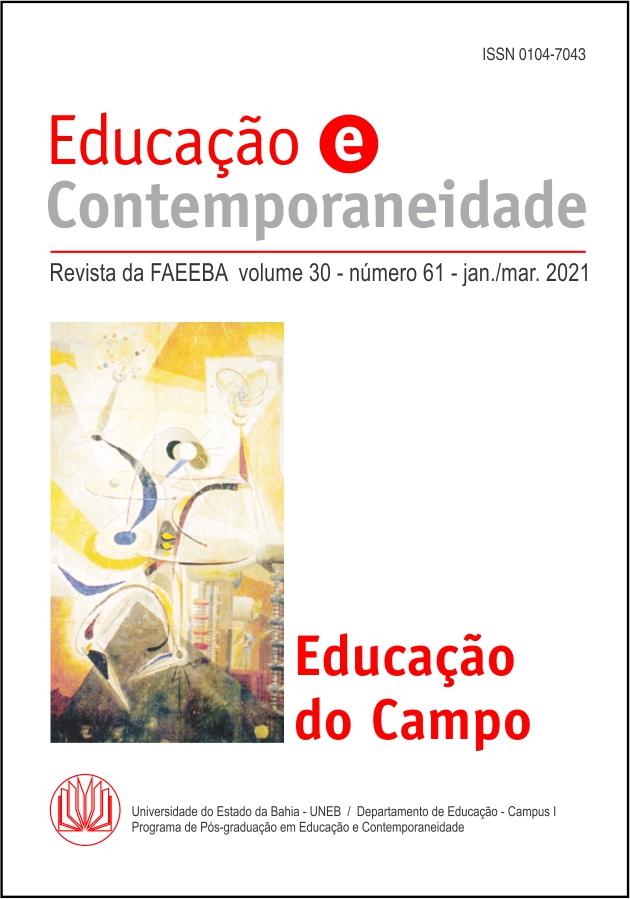Interview with physicist Marcelo Gleiser
DOI:
https://doi.org/10.21879/faeeba2358-0194.2021.v30.n61.p365-373Keywords:
COVID-19, Faith and Sciene, Religious obscurantism, Pandemic, BolsonarismAbstract
Brazilian president Jair Bolsonaro´s government deepens even more the disdain for knowledge, which has been manifested since the election campaign. In the middle of the Covid-19 pandemic, while the world is relying on scientific research in the hope to find a cure, Bolsonaro, as a typical negationist, intensifies his crusade against universities and science by rejecting data analysed through methods and protocols and ignoring worldwide medical research and guidance. Financial interests of large economic groups, religious obscurantism, the country´s vast social inequality, a profound disregard for life and negationism are some of the characteristics of “bolsonarism”, which is currently making Brazil agonize. In order to discuss the attack on science and scientists, we interviewed Brazilian physicist and astronomer, Marcelo Gleiser, full professor of Natural Philosophy, Physics and Astronomy at Dartmouth College in Hanover, United States, and winner of the 2019 Templeton Award. In the interview, Gleiser speaks about the importance of the dialogue between faith and science; about the role of research associations at the present time; states that the scientific cultural model must change and become less Eurocentric and more pluralistic; declares that Brazil is experiencing a tragedy caused by religious obscurantism and affirms that the new generations will laugh a lot at ours, in which many people still believe that the Earth is flat.
Downloads
References
GLEISER, Marcelo. A simples beleza do inesperado – um filósofo natural em busca de trutas e do sentido da vida. São Paulo: Record, 2016.
GLEISER, Marcelo. A Ilha do Conhecimento – Os limites da Ciência e a busca por sentido. São Paulo: Record, 2018.
GLEISER, Marcelo. Criação Imperfeita – Cosmo, Vida e o Código Oculto da Natureza. São Paulo: Record, 2010.
GLEISER, Marcelo. Poeira das Estrelas. São Paulo: Editora Globo, 2006.
GLEISER, Marcelo. A Harmonia do Mundo. São Paulo: Schwarcz, 2006.
GLEISER, Marcelo. Retalhos Cósmicos. São Paulo: Schwarcz, 1999.
GLEISER, Marcelo. A Dança do Universo – dos mitos da criação ao big-bang. São Paulo: Schwarcz, 1999.
Published
How to Cite
Issue
Section
License
O encaminhamento dos textos para a revista implica a autorização para a publicação.
A aceitação para a publicação implica na cessão de direitos de primeira publicação para a revista.
Os direitos autorais permanecem com os autores.
Após a primeira publicação, os autores têm autorização para a divulgação do trabalho por outros meios (ex.: repositório institucional ou capítulo de livro), desde que citada a fonte completa.
Os autores dos textos assumem que são autores de todo o conteúdo fornecido na submissão e que possuem autorização para uso de conteúdo protegido por direitos autorais reproduzido em sua submissão.
Atualizado em 15/07/2017

















































